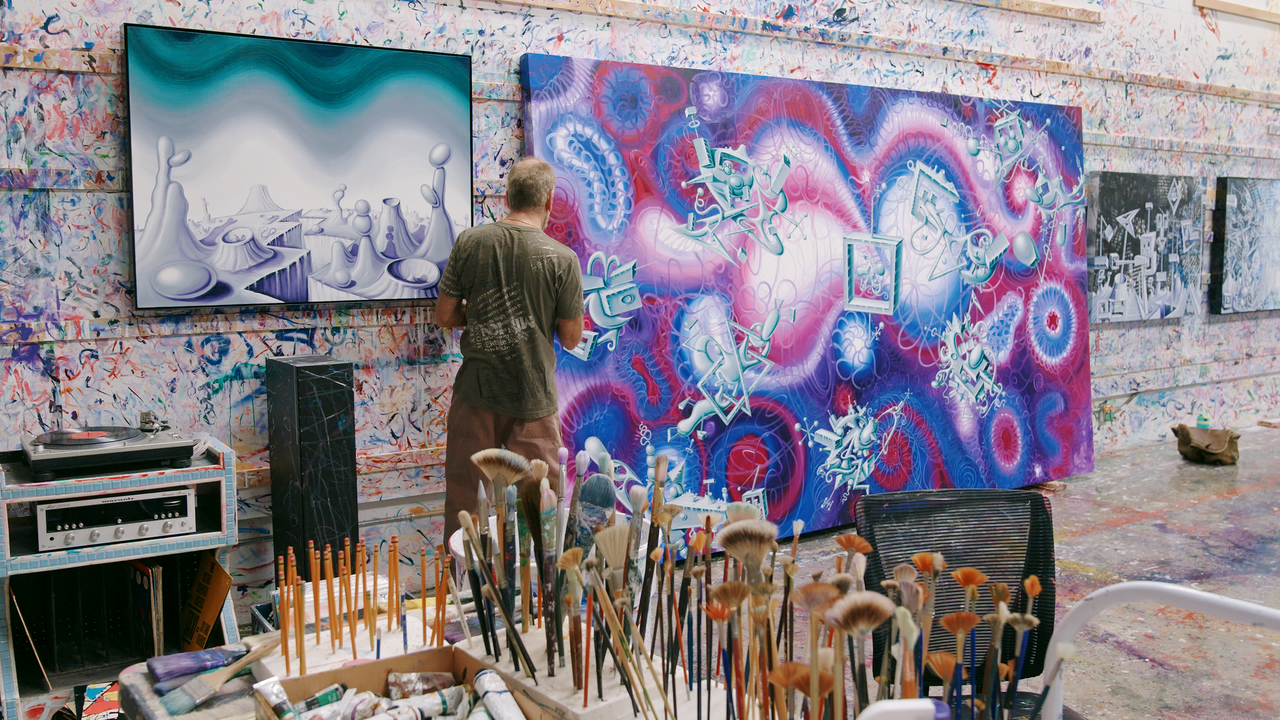Books
A round-up of recent experimental French fiction by Jacques Jouet, Eric Chevillard and Claude Ollier
A round-up of recent experimental French fiction by Jacques Jouet, Eric Chevillard and Claude Ollier

Seen from the other side of the Channel, French literary culture is a parallel world where everything is the same and yet different. Like London, Paris has its merry-go-round of hyped literary prizes, its tight circle of novelists reviewing each other’s work, its spats and scandals. But step away from such superficialities and things diverge. Where Booker shortlists skew heavily towards the conventions of realism and story-telling rooted in the 19th-century novel, the French literary establishment is far more receptive to a self-questioning and formally inventive literature in which the historical avant-garde, from Arthur Rimbaud to the nouveau roman, still casts a long shadow.
Outside of the big names, very little of French literature is exported to the UK or America. Jacques Jouet is a prize-winning author of more than 50 works in all genres, yet until recently none of them had been translated into English. A member of Oulipo, the experimental association founded by Raymond Queneau and François Le Lionnais in 1960, Jouet places formal constraint at the heart of his literary concerns. ‘Form’, he has said, is ‘meaning’s tautest string.’ Jouet’s Poèmes de métro (Metro Poems, 2000), for example, was written with a number of constraints that are themselves delineated in the poems. One was that Jouet had to write the poems while actually on the Paris underground during a single journey; the longest was composed during a 16-hour trip that went through every station on the network.
Jouet’s 1997 novella, La scène usurpée (Upstaged), which will be published for the first time in English translation in August, is set during the performance of a play. Minutes into the second act there is a knock on an actor’s dressing-room door, just as he is supposed to go on stage. A doppelganger enters, dressed in identical wig, make-up and clothes. The actor is bound and gagged, while the double takes his place on stage and brings chaos to the play, forcing the other actors to improvise around him. If there is a particular formal constraint at work in his novella, Jouet is not saying. In fact, as the translator Leland de la Durantaye comments in an afterword, La scène usurpée could be seen more as an allegory: the story itself enacts the lifting of a constraint, that of the play and the lines that the actors are obliged to utter.

Still only in his 40s, Eric Chevillard first came to prominence in the 1980s as one of a new wave of authors published by Les Éditions de Minuit, along with the likes of Jean Echenoz and François Bon. Chevillard is an anti-novelist in the Laurence Sterne mold, his fictions often taking aim at a particular genre, employing a simple conceit and pushing it to an absurd extreme. The as-yet-untranslated Au Plafond (On the Ceiling, 1997), for example, has a doctor telling a young boy to balance a chair on his head to improve his posture. The boy keeps the chair on his head even into adulthood, removing it only when he decides to live in an entirely reversed world, inhabiting the ceiling of his in-laws’ apartment. Chevillard is a savagely funny writer and a supreme stylist.
In Démolir Nisard (Demolishing Nisard), published in France in 2006 and now translated by Jordan Stump, a writer develops an unhealthy fixation on the long-forgotten literary critic Désiré Nisard (1806–88) – a monumental bore, a mediocre author and a hyper-conservative who championed a dessicated classicism while dismissing the vital literature of his time. For the protagonist, Nisard is the root of all evil, and demolishing every trace of him becomes an obsession. Tracking down Nisard’s work in dusty libraries, all the better to vilify it, the protagonist’s moment of triumph comes when he unearths a woefully sentimental tale about a milkmaid that Nisard had published and had subsequently sought to suppress. ‘Watch out,’ his wife tells him, as he grumpily lashes out at a teenager for talking too loudly on his mobile, ‘you’re getting to be every bit as odious as Nisard. You’ve been after him for so long, you’re becoming just like him.’ At the end of the novel the protagonist sneaks into a village museum dedicated to Nisard, steals his clothes, and drowns himself in a local pond. In France, the novel has mostly been seen as an attack on present-day literary critics, but it is more interesting than that. The real subject of the novel is not the critic, but the writer.
Claude Ollier is one of the originators of the nouveau roman. Now in his 80s, he is still writing: Wert et la vie sans fin (Wert and the Life Without End) came out in France in 2007 and a translation by Ursula Meany Scott is published this year. In gnomic, staccato phrases reminiscent of Nathalie Sarraute or late Samuel Beckett, the novel tells the story of a veteran detained in a darkened, nightmarish building that may be a hospital or prison, or a combination of the two. Wert’s treatment, or perhaps his punishment, is to relive his traumatic war experiences by writing them out. Episodes come to him in memories, but sometimes in dreams as well. The novel is divided into two sections, one written in the first person as Wert recuperates in the building with its ominous, interminable corridors; and the other in the third-person, recounting Wert’s journey east following his liberation. The third person switch transforms Wert himself into a tale told; at the same time, his long journey begins to resemble episodes from ancient sagas, first recounted thousands of years ago. Dream, memory and myth blend within an uncertain subjectivity.
Wert is more bleakly serious than the works by Chevillard and Jouet (whose name translates as ‘toy’), with their playful surface effects. Nonetheless, all three novels share themes that have haunted a certain strand of French literature in the postwar years. They include doubling and re-enactment, the illusions of narrative and identity, and perhaps also the quixotic attempt to capture, in the words of Ollier’s Wert, ‘memory on the point of taking form’.






















